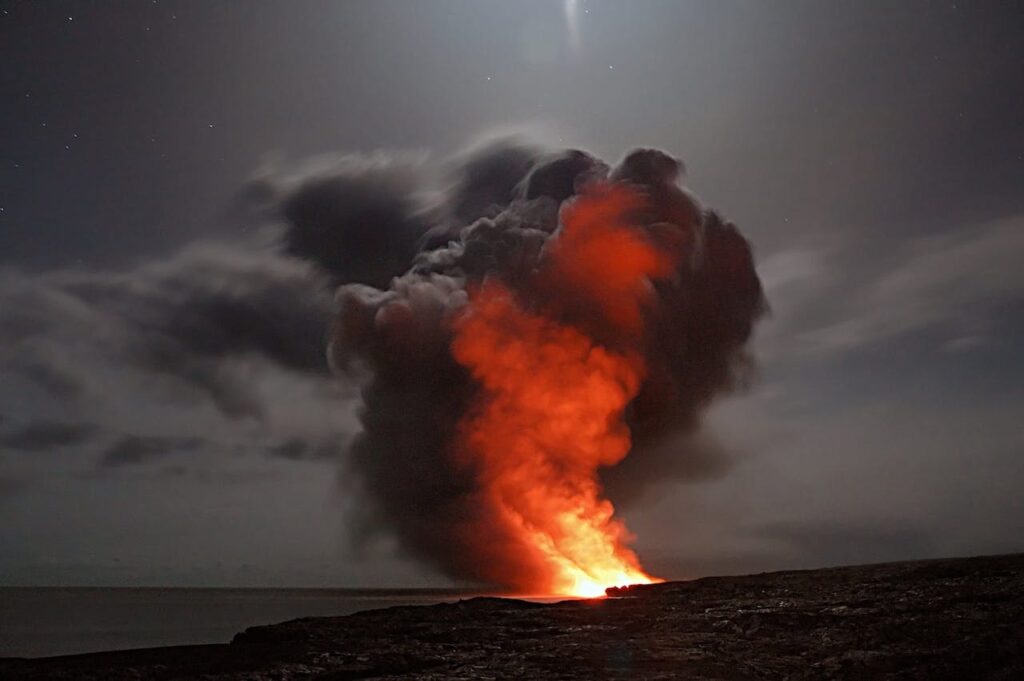The Spanish Civil War (1936-1939), a prelude to the global turmoil of the Second World War, was a conflict that tore Spain asunder. It pitted neighbor against neighbor, ideology against ideology, and left wounds that, for many, have yet to heal. While much focus is often placed on the larger cities and famous battles, the small town of Oliva also played its part in this complex historical tapestry. This 1000-word article delves into the role of Oliva in the Spanish Civil War, providing insights into how this conflict manifested in the life of the town and its inhabitants.
Oliva: A Snapshot Before the Conflict
Before the outbreak of the Spanish Civil War, Oliva was a microcosm of the broader Valencian region, with its rich agricultural heritage and a society deeply rooted in the land and the sea. It was a community where the rhythms of daily life were dictated by the seasons and the harvests. However, beneath this bucolic exterior were the rumblings of discontent that echoed the national political and social upheaval of the time.
The Outbreak of War and the Initial Impact
As the war broke out in July 1936, following a military coup led by General Francisco Franco against the Republican government, Oliva, like many towns in the Republican-held territory, experienced a surge of tension. The town found itself in a region that was a stronghold for Republican sentiment, with the majority of its populace supporting the leftist government against the Nationalist rebels.

Mobilization and Militarization in Oliva
Oliva’s strategic position on the Mediterranean coast meant that it became quickly militarized as the Republican government sought to defend its territories. The town saw the formation of local militias and the arrival of international volunteers who came to fight for the Republican cause in the International Brigades.
Local resources were mobilized to support the war effort, and Oliva’s agricultural output became part of the Republicans’ supply chain. Additionally, its coastline was watched for enemy ships, and defenses were bolstered against possible amphibious landings by Nationalist forces.
The Daily Life During Wartime
As the war progressed, life in Oliva changed dramatically. The economy was directed towards the war effort, and the town’s social structure was altered as traditional roles were upended. Women, for instance, took on roles that had traditionally been held by men, who were now at the front. The war also brought about collectivization efforts, particularly in agricultural communities, with Oliva being no exception. Land and production were collectivized in the spirit of the Republican cause, leading to significant changes in how the town’s farms and businesses were managed.
Air Raids and Battles Near Oliva
Although Oliva was not the scene of major battles in the war, it did not escape the conflict unscathed. The town experienced air raids, and the terror of bombing became a reality for its inhabitants. These raids caused damage to historical buildings and civilian structures, instilling a perpetual sense of fear and alertness among the people of Oliva.
The Fall of the Front and the Aftermath
As the war swung in favor of Franco’s Nationalist forces, the front lines crept closer to Oliva. The town ultimately fell under Nationalist control as the Republican resistance in the region collapsed. The end of the war brought about a new regime, but the victory was pyrrhic. The scars left by the conflict were deep, with the consequences reverberating through families and the community for generations.
Post-war Oliva faced reprisals, as did many other towns with Republican sympathies. There were executions and imprisonments, and the oppressive atmosphere of the Francoist dictatorship took hold. The collective effort that once characterized the town during the Republican era was dismantled, and the land was returned to pre-war owners or redistributed to those favored by the new regime.

Preservation of Memory
Today, Oliva, like many other Spanish towns, grapples with the legacy of the Civil War. Efforts to preserve the memory of those turbulent times have become part of the local historical discourse. Mass graves have been uncovered, and there have been movements to provide a dignified remembrance to those who were lost in the conflict.
Local historians and cultural organizations in Oliva have worked to document the experiences of the town during the war, collecting oral histories and artifacts that provide a window into the past. These initiatives not only serve as educational tools but also as a means of coming to terms with the town’s history.
Oliva’s Historical Role Reassessed
In reassessing Oliva’s role in the Spanish Civil War, it’s clear that while the town was not a battleground in the conventional sense, it was deeply affected by the conflict. The war disrupted the traditional way of life, left physical and emotional scars, and altered the course of the town’s history.




